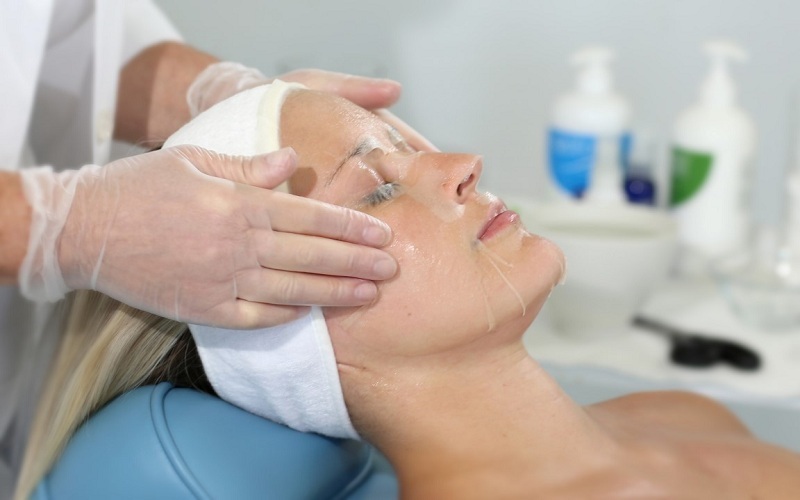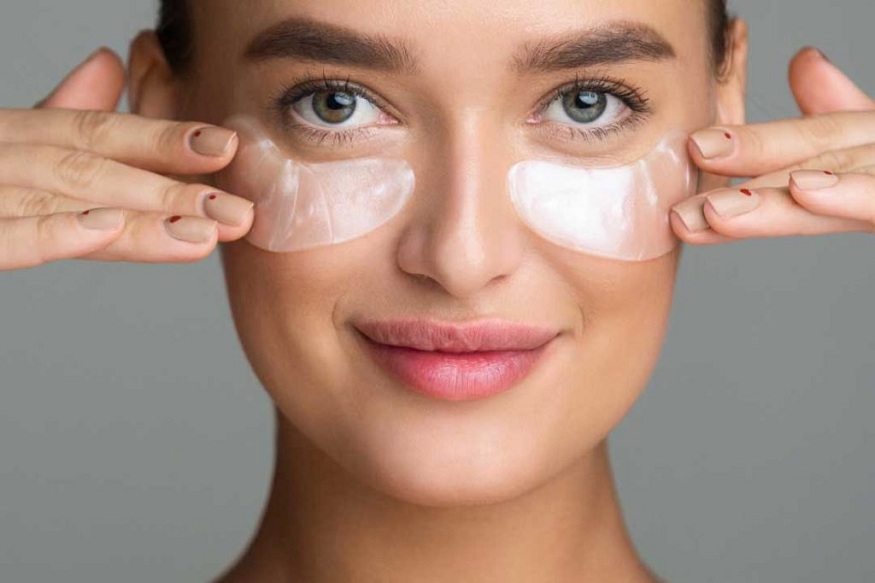Cleansing is an essential component in any skincare routine, and the cleanser you use can have a big impact on your skin’s health and appearance. Cleansing foams have become popular due to their light, airy structure and efficient cleansing capabilities. However, as with any skincare product, they have their own set of benefits and drawbacks. This article will dive into the advantages and disadvantages of using a cleansing foam, with a specific emphasis on Babor cleansing foam, to help you make an informed decision.
Introduction to Cleaning Foams
Cleansing foams removes pollutants, excess oil, and makeup from the skin, leaving it feeling super refreshed and clean. When blended with water, these cleansers often begin as gels or creams and turn into rich foams. The frothy texture can provide a luxury cleansing experience, but it is critical to understand how this type of cleanser works with different skin types and conditions.
Pros of Using Cleaning Foam
One key advantage of using cleansing foam is its capacity to completely cleanse the skin. The foam penetrates deeply into the pores, efficiently eliminating dirt, oil, and other pollutants that might clog them and cause outbreaks. This deep cleansing action is especially good for people with oily or acne-prone skin since it reduces excess sebum production and prevents acne.
Another advantage is the refreshing and revitalising sensation that cleansing foams produce. The light and airy texture can enhance the cleansing experience, leaving the skin feeling invigorated and clean. Furthermore, many cleansing foams, including Babor cleansing foam, have beneficial elements that moisturise and soothe the skin, making them appropriate for everyday use without creating excessive dryness.
Cleaning foams are also renowned for their simplicity and ease of usage. They lather rapidly and are simple to rinse off, making them a time-saving choice for busy people. The foamy motion distributes the cleanser evenly across the face, resulting in a consistent and thorough cleaning with no effort.
Cons of Using Cleansing Foam
Despite their numerous benefits, cleansing foams may not be right for everyone. One potential disadvantage is that some formulations might be excessively drying, particularly for people with dry or sensitive skin. The foaming ingredients employed in these cleansers can deplete the skin’s natural oils, resulting in dryness, irritation, and a weakened skin barrier. To avoid these concerns, use a gentle and moisturising product like Babor cleansing foam.
Another issue is the existence of chemicals that may cause irritation or allergic responses. Some cleansing foams contain perfumes, alcohol, or harsh surfactants that might irritate sensitive skin. Before incorporating a new product into your skincare routine, make sure to study the ingredient list and conduct a patch test carefully.
Furthermore, while cleansing foams can remove pollutants, they may not be as great at removing heavy makeup or waterproof sunscreen. In such circumstances, a double cleansing approach, consisting of an oil-based cleanser followed by a cleansing foam, may be required to ensure a thorough clean.
Conclusion
Cleansing foams have several advantages, including deep cleansing, a refreshing sensation, and convenience of use. However, due to their drying properties, they may not be good for all skin types, particularly those with dry or sensitive skin. Using a high-quality and moisturising solution, such as Babor cleansing foam, can help alleviate these difficulties and create a more balanced cleansing experience.
Finally, the decision to use a cleansing foam should be based on your skin type and specific demands. Understanding the advantages and cons can help you make an informed decision and ensure that your skincare routine is both effective and pleasurable. Whether you have oily, combination, or normal skin, using the appropriate cleansing foam can help you attain a clean, clear, and healthy complexion.




